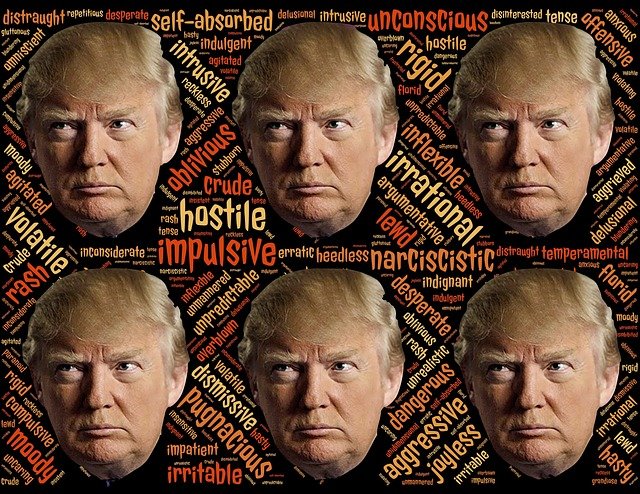By Evi Tsakali,
We all are, more or less, familiar with the notion of narcissism, the trait combining selfishness, entitlement and a need for admiration. Two of the things narcissists most desire are money and power; and these two things can be tightly interwoven… in politics. Of course, we should acknowledge that many of the individuals entering the political arena have already made their fortune, or inherited it, but still, what typically drives them is a lust for power, prestige, status and authority.
In a series of studies performed in the US and Denmark, researchers found that people with higher levels of narcissism were also more likely to participate in politics. This could include contacting politicians, signing petitions, donating money, and voting in elections, among other activities. Peter Hatemi, professor of political science at Pennsylvania State University and one of the conductors of the aforementioned research, stated that the findings may give insight into how and why certain candidates succeed in elections.
One of the primary characteristics of narcissists is their exaggerated sense of entitlement. It would barely surprise us then that so many politicians somehow have the impression that they “deserve” to game the system. Hatemi further commented: “The general picture is that individuals who believe in themselves, who believe that they are better than others, engage in the political process more.”.

It is hard not to notice how much more of “me” is part of our world -projecting one’s status at the cost of others, nowadays usually taking advantage of the vast democratic tool (or threat ?) of social media: Facebook, Instagram or the politicians’ favorite, Twitter, and the impact of this phenomenon to the new generation is visible. The days when children’s goals were to be something, to do something important, to serve society in their own unique way seem long gone… The desire of today is to be famous, no matter how, in any way and at all costs; and that reflects on politics.
In my humble opinion, the public reflects their leaders as much as our elected leaders reflect the public, including the agenda, the decisions, the choices and policies that come from those leaders. To further illustrate this point of view via a recent real-life case, Professor Hatemi uses as an example the American Presidential Elections of 2016, describing both of the two candidates as typical narcissists, leaving us with food for thought. More precisely, he referred to them as such: “Donald Trump is the classic vulnerable narcissist, while Hillary Clinton appears to reflect the model case for grandiose narcissist. The one is desperate for everyone to think that he is great, and his endless neurotic narcissism turns to rage when he doesn’t get the admiration he desperately desires; the other thinks she is great and deserves to lead, unfazed by data that show more than half the country cannot stand her. Yet these were the persons that the public put forward to run for president.”.
References
- Eric W. Dolan, Psychology study indicates that narcissists are more involved in politics than the rest of us. Psypost, Available here.
- Leon F. Sheltzer, Narcissism: why so rampant in politics?. Psychology Today, Available here.




